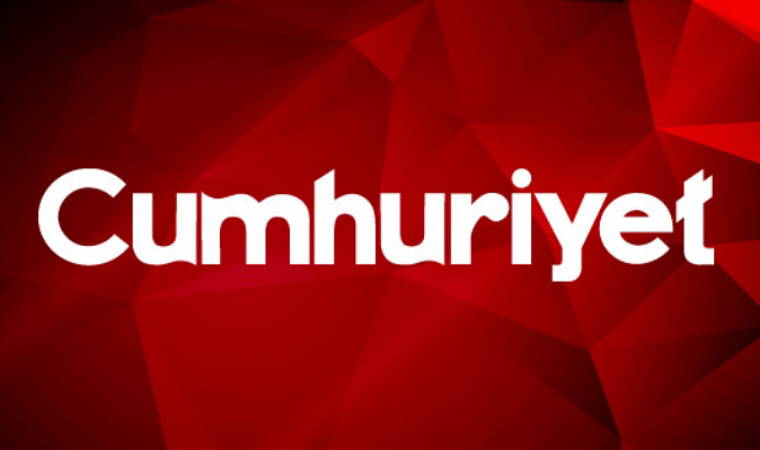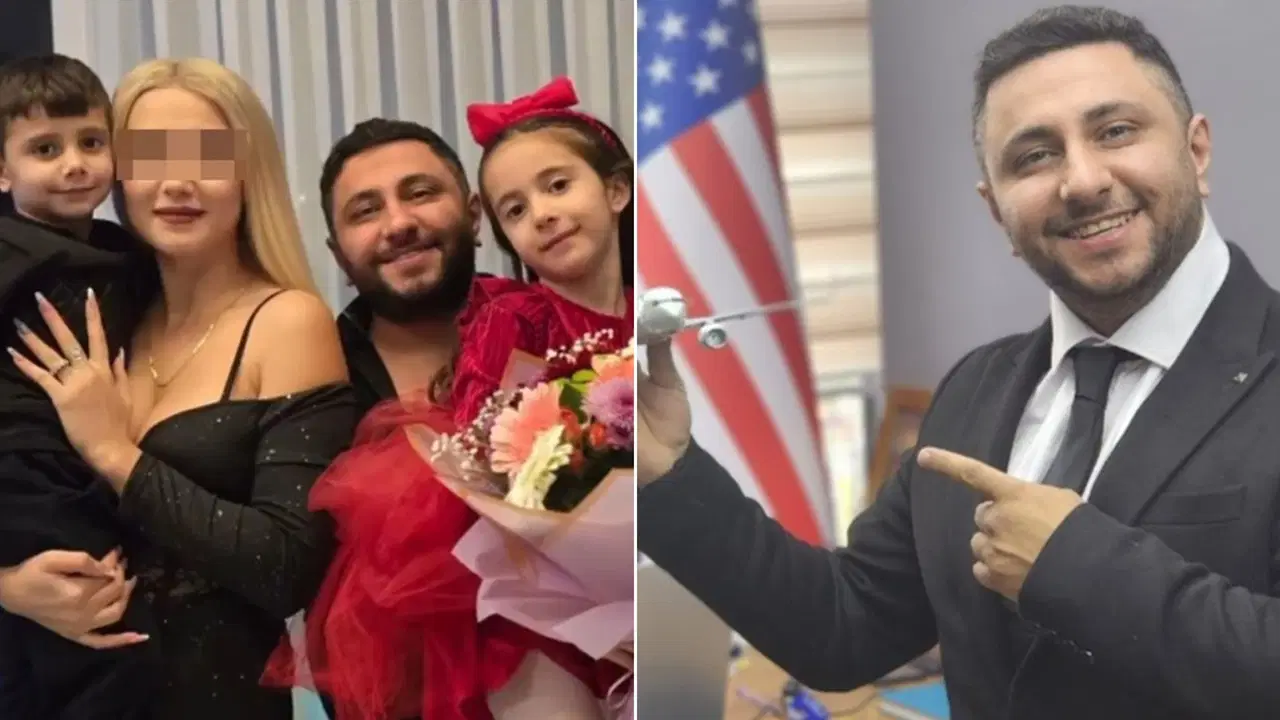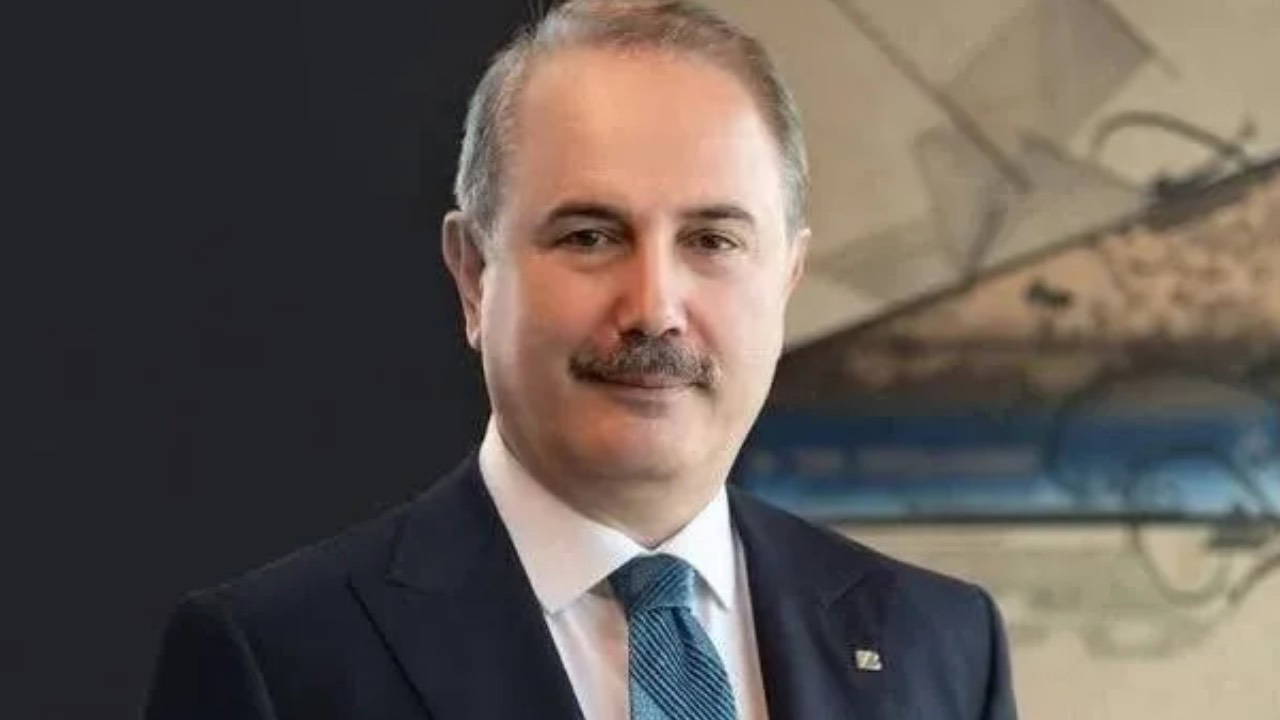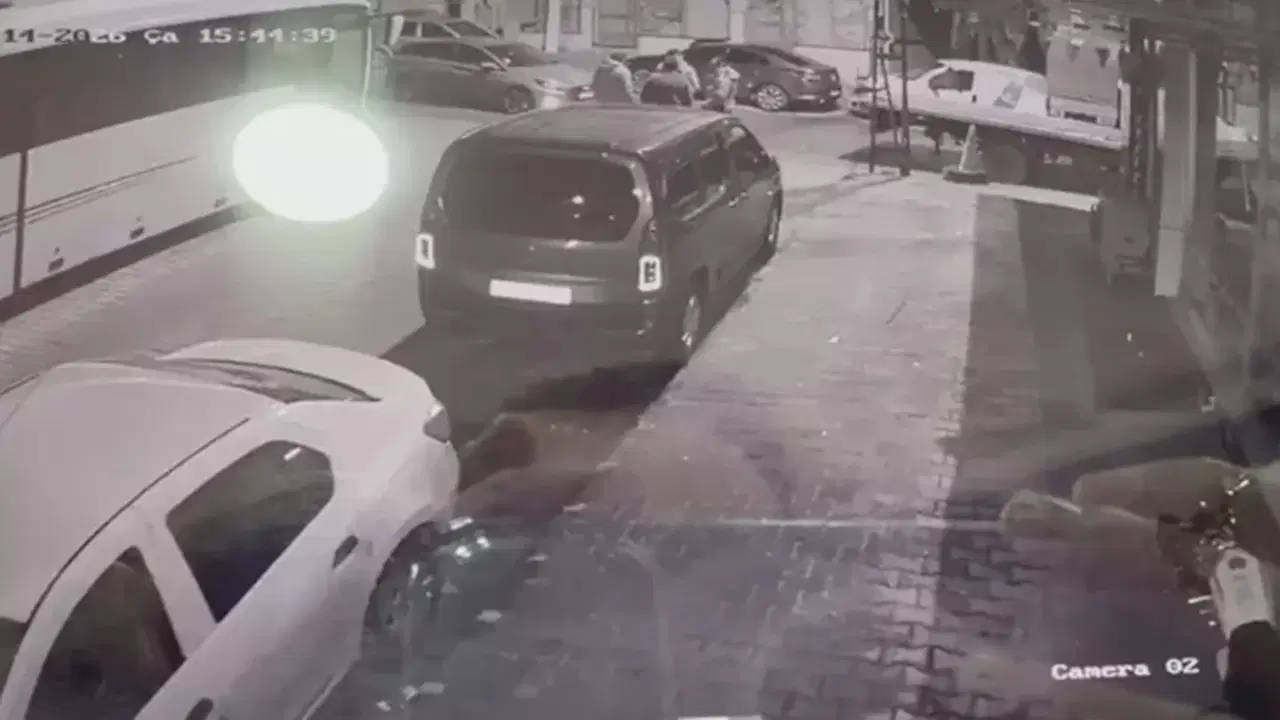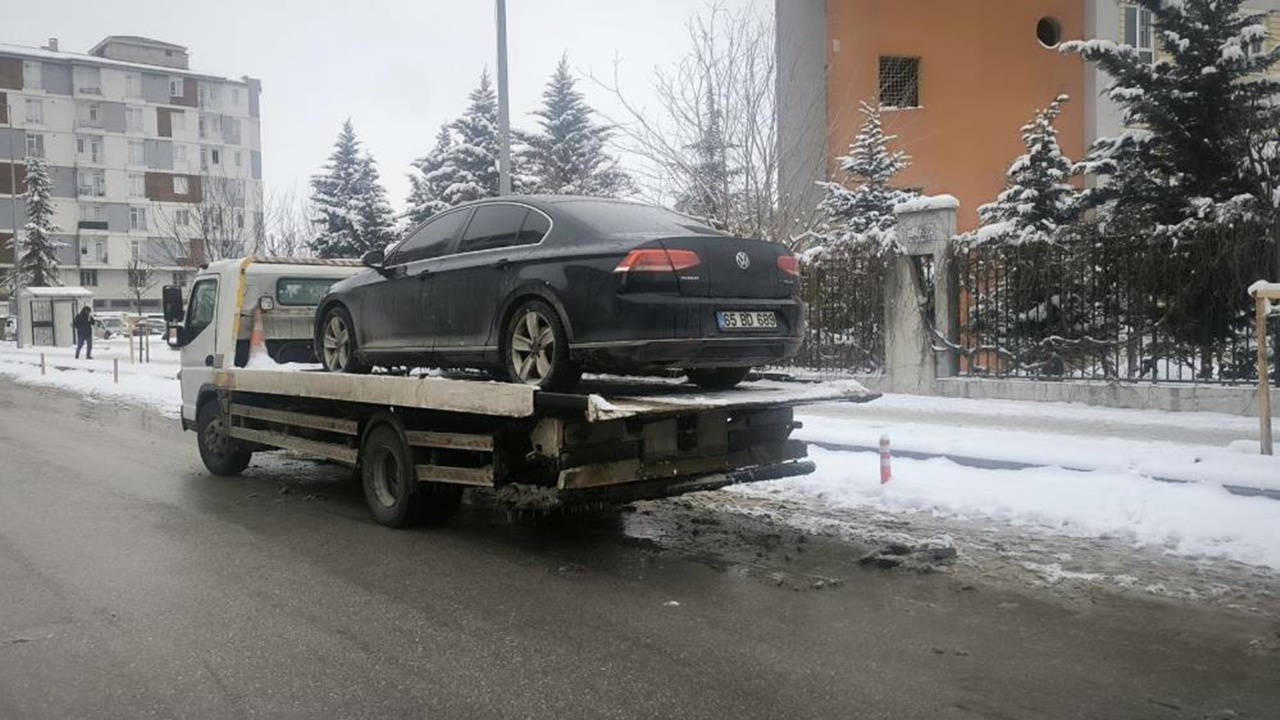Osman Kavala was arrested one month ago and then thrown in jail. He is now being held on his own in a cell in Silivri Prison Number 9.
As things stand, he is charged with “attempting to change the constitutional order and overthrow the government.”
This charge is based on two allegations.
First, engaging in intense discussions with Henri Barkey, accused of being the international leg of the 15 July coup attempt.
Second, financing and organising the 2013 Gezi events that were classified by the judiciary as being an “attempt to overthrow the ruling party” four and a half years after they had transpired.
It is known that the regime media took to accusing Henri Barkey of organising and coordinating the 15 July 2016 coup attempt while he was at a meeting devoted to Iran attended by local and foreign think-tank people on Büyükada on 15-16 July 2016.
At the time Osman Kavala was arrested and detained for having discussions with him, there was as yet no apprehension order for Henri Barky, accused of organising the 15 July 2016 coup attempt. This apprehension order was issued ten days after Osman Kavala had been detained.
Subsequently, on 15 November, a “news report” was published in the regime’s main media outlet: Osman Kavla spoke to Henri Barkey using his and his wife, company employees and cousin’s phone for a total of 93 hours 34 minutes and 1 second.
Given that “confidentiality of investigation” is breached by the regime media, there was no objection to investigating the matter and this is what I did. The conclusion is that the allegation is groundless. There exists no HTS record to support this allegation and what is in fact involved is “base station overlapping”. The civil society organisation of which Kavala is the founder, Anatolia Culture Foundation, was in the hotel area of Taksim’s Elmadağ and, since you would have used the same base station as people staying in nearby hotels, by this logic, you would have also have spoken to them. The only explanation for the affair is that Henri Barkey may have stayed at the hotels in Elmadağ. We are greeted with a similar logic when it comes to the day trip that Kavala made to Diyarbakır on 26 June 2016. Barkey went to Diyarbakır two days after Kavala had returned and these two people used the same base station and the “news” is thus reported that “they spoke in Diyarbakır.”
Kavala is accused of coming together with Henri Barkey in a restaurant in Karaköy three days after the coup attempt on 18 July. This, in common with the others, is an unfounded accusation. In fact, Barkey and Kavala were not there for a meeting and just ran into one another and had a brief stand-up chat and did not dine together.
If you look at the facts, there was no occasion in the periods in question when Osman Kavala got an appointment and met Henri Barkey.
There is also no concrete evidence whatsoever that Kavala organised and financed Gezi; no money transfer record is involved.
Osman Kavala has been thrown in jail on unjust, unfounded, hollow accusations that are devoid of logic and reason.
He is a civil society leader.
What could Kavala have to do with overthrowing the government and changing the constitutional order?
The Anatolia Culture Foundation of which he is the Executive Board Chair is a civil society organisation that is also sensitive to Kurdish and Armenian issues.
Osman Kavala was the most effective and most important connection between Turkey’s civil society and the outside world.
Could it be that these are Osman Kavala’s real crimes?
All these attributes may have made him “a person who needs to be rendered ineffective” in certain eyes.
Kavala has been targeted. It is clear that, following newspapers, the turn has come of Turkey’s civil society to be annihilated.
For, the most important role of civil society, which is an indispensable part of a healthy and participatory democracy, is to monitor and limit the ruling party’s power. Civil society organisations are by definition independent of the state and ruling party and pressurise those in power and force them to give account over issues such as the environment, urbanisation, culture, health, the economy and sexual equality. Civil society organisations have the potential to influence the conduct of people and voters. Strong civil society organisations do not leave decision making in the hands of a small group and bring the people down from the stands onto the field.
It is clear that, in the runup to 2019, the ruling party has no tolerance for the least modicum of any of these things I have listed and has put Osman Kavala in prison as a consequence of this.
